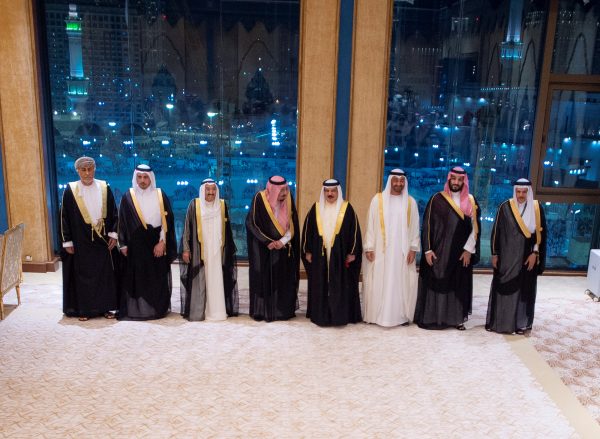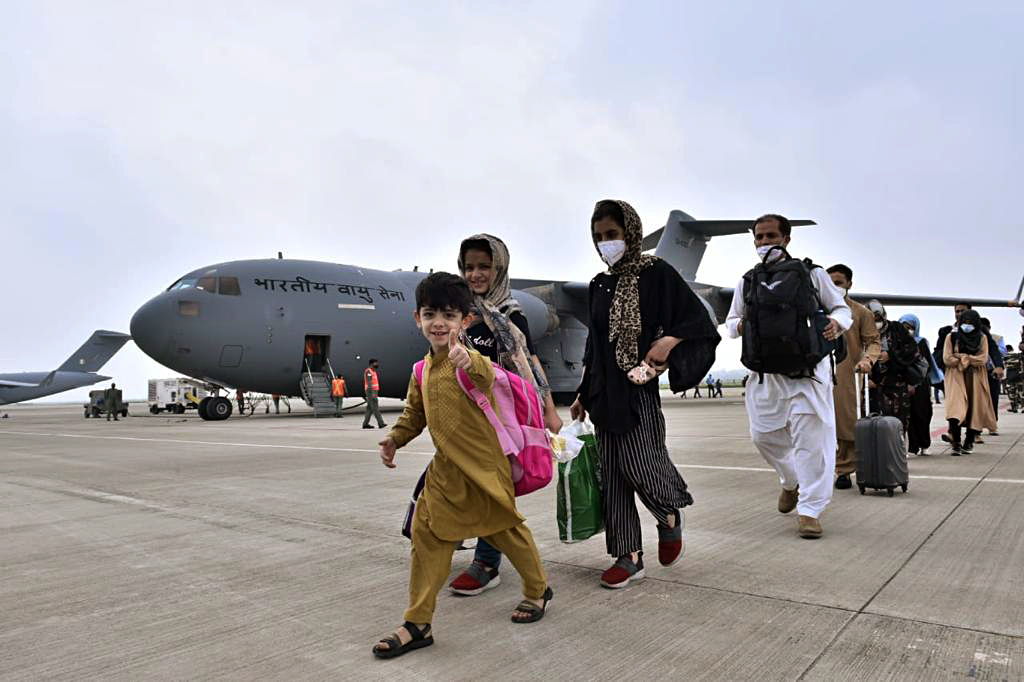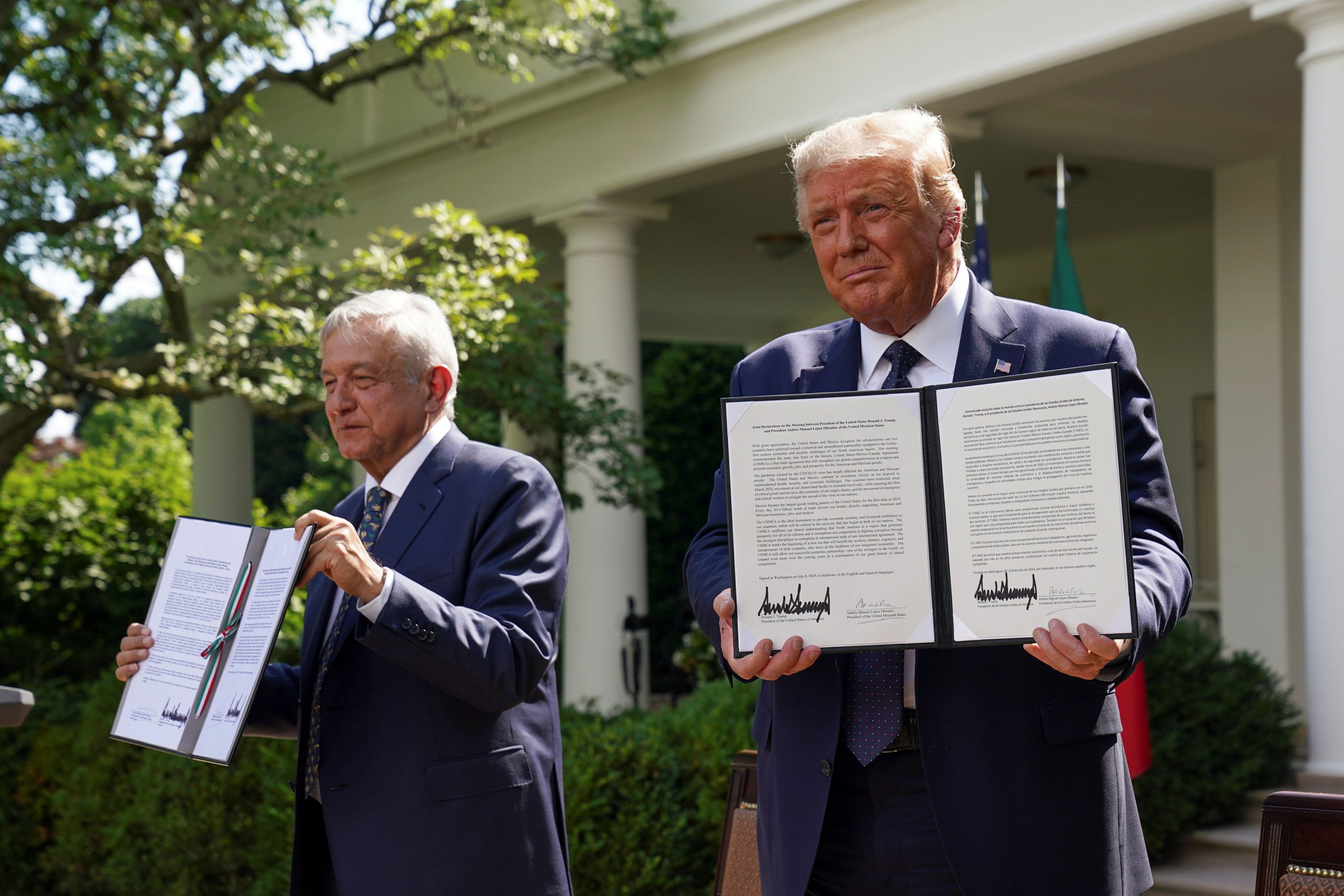Dr. Pragya Pandey
The recently held Maritime Security Dialogue further reflects a greater strategic alignment between India and Australia, with their commitment to a transparent, open, secure, inclusive, rules based maritime order in the Indo-Pacific and an effort towards fostering practical maritime cooperation.
Taking forward the 2020 Joint Declaration on Shared Vision for Maritime Cooperation in the Indo-Pacific, the 6th India-Australia Maritime Security Dialogue was held on 13 August, 2024 in Canberra, attended by senior officials from both sides. The Indian Ministry of External Affairs’ press release mentioned that, during the Dialogue the two sides discussed ‘ways to sustain a safe and secure maritime environment conducive for inclusive growth and global well-being’. Both sides also shared views on issues of mutual interest including ‘maritime security in the Indo-Pacific, Maritime Domain Awareness (MDA), Humanitarian Assistance and Disaster Relief (HADR) and Search and Rescue (SAR), pollution response, blue economy and multilateral engagement and sustainable use of ocean resources. Australia and India are intensifying their maritime cooperation in the Indian Ocean, the Dialogue “presented an opportunity for two sides to discuss shared priorities.” wrote the Australian High Commissioner to India on X.
India and Australia are close maritime partners and cooperation between the two is crucial for the larger Indo-Pacific region. Regular maritime dialogues are one of the many mechanisms for enhancing maritime cooperation between the two countries. The relationship between India and Australia was upgraded to Comprehensive Strategic Partnership (CSP) in 2020. There have been frequent high level interactions between the two countries, 1st Annual Leaders’ Summit was held in March 2023 in New Delhi during Prime Minister Anthony Albanese’s visit to India, followed by PM Modi travelling to Australia in May 2023, later the two PM’s also met when PM Albanese visited India to attend the G20 summit in New Delhi in September 2023. Australia has also enhanced its diplomatic presence with the opening of new Consulate in Bangalore in May 2023. From the perspective of relationship with India, there is a bipartisan commitment in Australia. The rationale for positive upgrade in bilateral ties over the past decade has been the growing convergences between the two sides in the backdrop of constantly evolving geopolitical situation in the Indo-Pacific. Today both countries are collaborating not only on bilateral security and strategic issues but also in broader formats of trilaterals and quadrilateral.
Under the current Albanese government, Australia recently published its 2024 National Defence Strategy (NDS). Highlighting the importance of Australia’s partnership with India in the Indo Pacific, the NDS mentions that “India is a top-tier security partner for Australia and practical and tangible cooperation with India directly contributes to the Indo-Pacific stability”.
Australia is also one of the few countries with whom India has a 2+2 arrangement. In pursuance of the CSP, India and Australia have instituted 2+2 format meeting, at the Foreign and Defence Ministerial level since 2021. At the second 2+2 Dialogue held in 2023, the two sides reiterated that “positive and increased momentum in their cooperation served to reinforce an open, inclusive, stable and prosperous Indo-Pacific”.They also acknowledged the positive impact of the Arrangement concerning Mutual Logistics Support (MLSA) signed in June 2020, in increasing interoperability between the forces of the two countries, for enhancing MDA, critical to managing shared challenges and opportunities in the Indo-Pacific. The agreement allows both the countries to use each other’s strategic bases for logistics support facilities.
Maritime cooperation between the two countries is a crucial aspect of the CSP. For both Indian and Australia, their geographical location inextricably links their security and prosperity to the waters surrounding them. Australia, with its unique two-ocean geography, located at the crossroads between the Indian and Pacific Ocean, around 99% of Australian exports are transported via sea routes. India, with its central location in the Indian Ocean, its extensive coastline and numerous islands, is an important maritime player in the region. Therefore, a stable and secure maritime order is a priority for both the countries.
In a significant development, in August 2023, for the first time Australia hosted the Malabar Exercise. Australia re-entered in Malabar exercises with other Quad countries in 2020. The 27th iteration of the Malabar Exercise was held off the coast of Sydney, in 2023, “showcasing strong cooperation, shared values and the collective ability of the four participating nations to ensure a free, open and inclusive Indo-Pacific promoting peace and security for all”. In addition to interactions at multilateral exercise, regular bilateral exercise, the AUSINDEX, have been held between navies of the two countries since 2015. Naval interactions between the two countries have been regular. Recently in May 2024, the 16th Indian and Australian Navy Staff Talks were held in Kochi, aimed at “enhancing interoperability, MDA and new avenues of cooperation in maritime partnerships, bridging oceans and deepening ties”. The Australian Navy has also sent liaison officers to the Indian Navy’s International Fusion Centre for the Indian Ocean Region (IFC-IOR), as the nodal centre for sharing maritime security related information for the region, facilitating India’s role as a ‘net security provider’ in the region.
With an increasing convergence of interests in the maritime domain there is immense scope for the two Indo-Pacific partners to enhance cooperation to secure the global commons and cooperatively support economic prosperity in the wider Indo-Pacific region. Australia is an important partner in India’s the Indo-Pacific Oceans Initiative (IPOI), leading the Maritime Ecology pillar of the IPOI. Australia is one of the first partners in the IPOI, to have started practical collaboration. Two rounds of grants have been announced under Australia-India Indo-Pacific Oceans Initiative Partnership (AIIPOIP). The AIIPOIP has been initiated under the Joint Declaration on Shared Vision for Maritime Cooperation in the Indo-Pacific agreed between the two countries in 2020. The AIIPOIP focuses on practical cooperation, sharing of best practices, scientific collaboration, on reducing marine pollution, with a focus on plastic waste. It aims at promoting intergovernmental activities involving Indian and Australian stakeholders-across government, businesses and researchers-in a collaborative way to share expertise and resources.
Both countries are willing to work closely at the “bilateral, regional and multilateral level to support regional architecture in line with their shared values and interests”. India and Australia have also played an important role in the Indian Ocean Rim Association (IORA). Besides, IORA, their presence in many multilateral and plurilateral platforms like the G20, East Asia Summit (EAS), ASEAN Regional Forum (ARF) and the Quad provides opportunities for diplomatic cooperation with key regional partners on regional and global issues.
While significant progress has been made in the area of maritime cooperation between the two countries a lot more can be done. There is still a need and scope for enhancing information sharing arrangements between the two to enhance joint MDA capacities. The first trilateral Maritime Partnership Exercise with the ships and aircraft from India, Australia and Indonesia in September 2023, was a welcome progress in “improving their collective capability by sharing each others’ experience and expertise. It showed how the trilaterals can be used for enhancing interoperability in the crucial waterways of the Indo-Pacific.
Political leadership from both the sides has invested in enhancing of a mutual trust and understanding between the two countries resulting in significant elevation of relations in recent years. India is a major stakeholder in the IOR and the wider Indo-Pacific. India’s partnerships in the region are naturally collaborative. Australia on the other hand recognises that at a time of increasing competition for access and influence across the Indo-Pacific region along with challenges like climate change it remains ‘essential for Australia to keep on investing in its Indo-Pacific regional partnerships, for regional architecture and collective security in the Indo Pacific with key powers including India’.
There is a great deal of strategic uncertainty in the world, at present, including in the Indo-Pacific, it is, thus, important for regional countries to work together for a stable and secure maritime order in the region. India and Australia, the two important navies in the region, with their enhanced maritime capabilities, can help not only through bilateral cooperation but also by taking along other littorals in multilateral efforts to maintain stable, secure and a rules based order in the region. The relationship has witnessed many positives in recent years that can be used to further maritime cooperation between the two.
Dr. Pragya Pandey is a Research Fellow at the Indian Council of World Affairs, New Delhi. Views expressed are personal.
This article first appeared in the Viewpoint section of the website (www.icwa.in) of Indian Council of World Affairs, New Delhi, in August 30, 2024


























